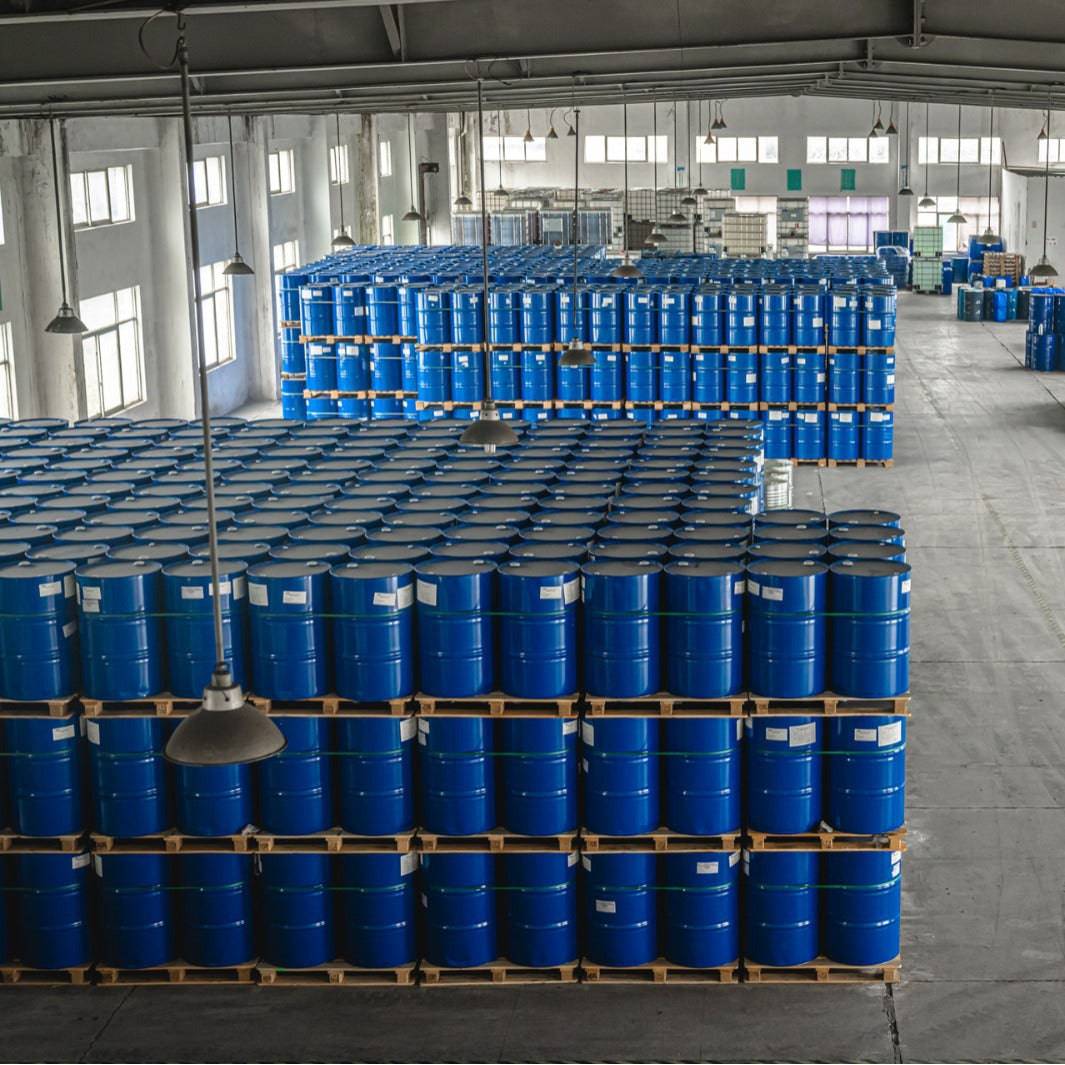The Definitive Guide to Chemie
The Definitive Guide to Chemie
Blog Article
Getting The Chemie To Work
Table of ContentsThe Main Principles Of Chemie Getting My Chemie To WorkGetting The Chemie To WorkThe Greatest Guide To Chemie9 Easy Facts About Chemie DescribedChemie Can Be Fun For Anyone
(https://trello.com/w/chemie999/members)Calculated change in electrical conductivity of liquid examples as a function of time when stirred with the material example in the closed indirect cooling loophole experiment. Number 6 reveals the adjustment in the determined electric conductivity of the liquid samples when mixed with the resin sample. The conductivity of the water example from the closed loop experiment decreased by about 70% from 11.77 S/cm to 3.32 S/cm in six hours.These results showed that the ability of the material depends on the test liquid utilized for the experiment. This reveals that different ions present in the fluid will cause various ion exchange capacity of the liquid. Determining the ion exchange material ability with the liquid example from the real cooling loop is crucial.
The Best Guide To Chemie
An ion exchange resin cartridge containing 20g of Dowex combined bed resin may take on order 938 days to fill - dielectric coolant. Simply put, to maintain a low electrical conductivity, a material cartridge with the measurement and weight specification as that of the material cartridge utilized in the experiment, require to be altered every 30 months for the cooling system that was made use of in the experiment
The air conditioning of electronic components has become a major challenge in recent times because of the improvements in the design of faster and smaller sized parts. Consequently, different cooling modern technologies have been established to effectively eliminate the warm from these parts [1, 2] The usage of a fluid coolant has come to be eye-catching because of the greater warm transfer coefficient achieved as compared to air-cooling.
The Main Principles Of Chemie
A solitary stage air conditioning loophole is composed of a pump, a warm exchanger (cold plate/mini- or micro-channels), and a warm sink (radiator with a fan or a liquid-to-liquid warmth exchanger with chilled water air conditioning). The warm source in the electronics system is connected to the heat exchanger. Fluid coolants are additionally used in two-phase systems, such as heat pipelines, thermo-siphons, sub-cooled boiling, spray air conditioning, and straight immersion systems [2, 4]
The needs might vary depending upon the sort of application. Complying with is a listing of some general needs: Good thermo-physical residential properties (high thermal conductivity and certain warmth; reduced thickness; high unrealized warm of dissipation for two-phase application) Low freezing factor and ruptured point (often ruptured defense at -40 C or lower is needed for delivery and/or storage space purposes) High atmospheric boiling factor (or low vapor stress at the operating temperature level) for solitary phase system; a slim wanted boiling point for a two-phase system Great chemical and thermal security for the life of the electronics system High flash factor and auto-ignition temperature (occasionally non-combustibility is a requirement) Non-corrosive to materials of building (steels as well as polymers and various other non-metals) No or minimal governing constraints (environmentally pleasant, harmless, and potentially biodegradable) Economical The most effective electronics coolant is an economical and safe fluid with outstanding thermo-physical properties and a long life span.
Chemie - Truths
The majority of these fluids have a non-discernible smell and are safe in situation of call with skin or intake. As mentioned previously, aliphatic PAO-based liquids have actually replaced the silicate-ester fluids in a selection of military electronics (and avionics) cooling down applications in the last decade. One more course of prominent coolant chemistry is dimethyl- and methyl phenyl-poly (siloxane) or frequently called silicone oil.
Fluorinated substances such as perfluorocarbons (i.e., FC-72, FC-77) hydrofluoroethers (HFE) and perfluorocarbon ethers (PFE) have particular unique residential or commercial properties and can be made use of touching the electronic devices [4, 8] Of all, these fluids are non-combustible and safe. Some fluorinated compounds have no ozone diminishing prospective and various other ecological homes.
Ethylene glycol is colorless and practically unsmelling and is totally miscible with water. When correctly prevented, it has a fairly reduced corrosivity. This coolant is categorized as poisonous and should be handled and disposed of with treatment. The quality of water utilized for the preparation of a glycol solution is extremely crucial for the system.
Chemie Fundamentals Explained

This is a low cost antifreeze service, discovering use in refrigeration solutions and ground source heat pumps - silicone synthetic oil. This fluid can be made use of down to -40 C owing to its fairly high rate of warm transfer in this temperature array.
It is considered more harmful than ethylene glycol and as a result has actually discovered usage only for process applications situated outdoors. Also, methanol is a flammable liquid and, thus, presents a possible fire hazard where it is stored, took care of, or utilized. This is a liquid option of denatured grain alcohol. Its main advantage is that it is non-toxic.
The Best Strategy To Use For Chemie
As a combustible fluid, it needs certain precautions for managing and storage space. Aqueous services of calcium chloride locate wide usage as distributing coolants in food plants. It is non-flammable, non-toxic and thermally extra reliable than the glycol solutions. A 29% (by wt.) calcium chloride remedy has a freezing point below -40 C.

Report this page